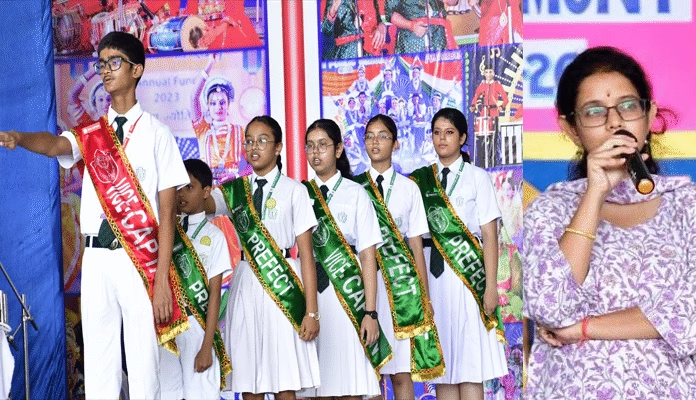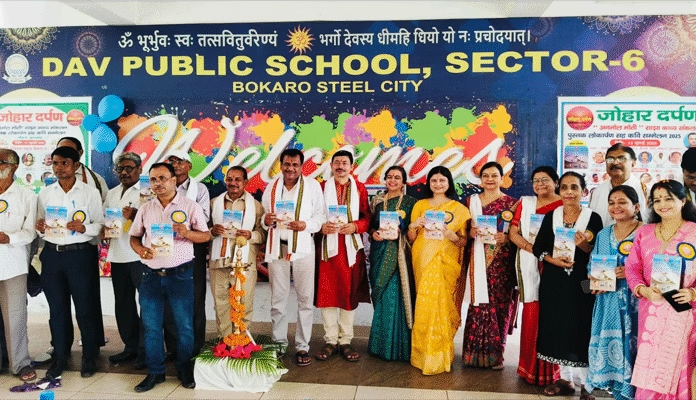 Bokaro: Vedanta-Electrosteel (ESL) has signed a MoU with National Bank for Agriculture and Rural Development (NABARD) and Government Seva Sanh (GSS) under the PPP (Public Private Partnership) Model with an objective to create a farm-based livelihood opportunity for farmers under Corporate Social Responsibility.
Bokaro: Vedanta-Electrosteel (ESL) has signed a MoU with National Bank for Agriculture and Rural Development (NABARD) and Government Seva Sanh (GSS) under the PPP (Public Private Partnership) Model with an objective to create a farm-based livelihood opportunity for farmers under Corporate Social Responsibility.
The MoU was signed by A K Padhi, CGM, NABARD, Pankaj Malhan, CEO, ESL Steel Ltd. and Vikash Rao Sathe, Secretary, GSS with an aim to create a farm-based livelihood opportunity for 500 farmers and to develop a 500-acre agricultural hub in and around ESL CSR operational area, informed an ESL Public Relation Official.
The unique project has four components: Soil and water management, orchard development, sustainable agriculture and development of farmers based institution, said the official.
Pankaj Malhan, CEO, ESL Steel Ltd said, “This is the most popular developmental program of NABARD. Under the WADI project, tribal families are supported for developing a one-acre orchard in waste or dry land owned by them, along with inter-cultivation.”
“I am hopeful and proud of the project that will provide new opportunities to the farmers and offer them a brighter future. I thank NABARD and GSS for their help and support,” he added.
The operational areas of villages with tribal communities will benefit from this project. As per the guidelines of the WADI Project, 90 pre cent beneficiaries would be from the tribal community while the tribal population of the village must be around 35 to 40 percent of the total population.
A.K. Padhi, CGM, NABARD said, “At NABARD, we aim to offer financial assistance for agriculture, and promote rural development. It gives us immense pleasure to associate with ESL and GSS and provide all necessary assistance for the esteemed WADI Project. It is a cause that we believe in and hope that it will further contribute to India’s development.”
Vikash Rao Sathe, Secretary, GSS added, “We value this association with NABARD and ESL since we all stand for a common cause – sustainable tribal livelihood. The project is aimed at promoting livelihood through water conservation, creating a social forestry, and redesigning existing agriculture intervention. We hope that our efforts are instrumental in making WADI Project a success.”



